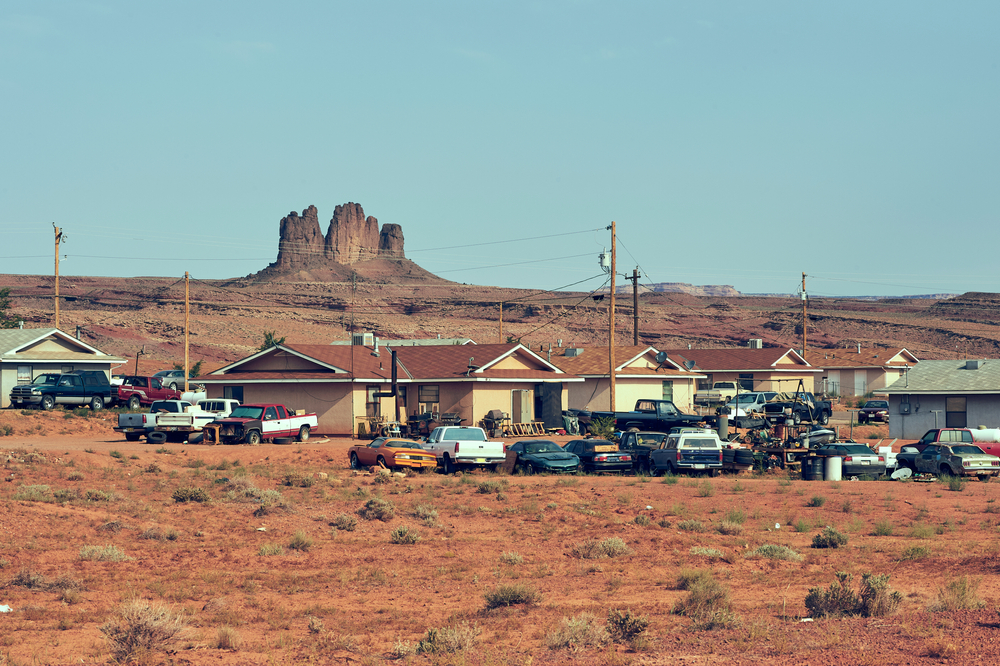Tribal Law

American Indians are not always safe on their land due to the differences in Tribal and federal law. Luckily, new legislation has come a long way in changing that reality. Traditional laws and cultural traditions can and do undermine American Indian’s health and safety. But new legislation alone won’t make the problem go away.
Native Americans are victims of crime at a high rate. For example, the rate of sexual assault among Native American women is 40% above the national average. Violent crimes and health problems are more widespread among natives than the general US population. Back when Barack Obama was president, he worked with Congress to combat rising crime on Indian reservations. The system was overwhelmed with crime and new legislation ensured at least a drop in the number of crimes. Obama made it a priority to make change in the lives of Native Americans and it’s been paying off ever since.
Many innocent Natives have be subject to unfair conditions in their community due to the lack of clarity when it comes to who is authority, lack of funding and finding used in the wrong places. It cannot be discounted how much trauma Natives have gone through as a result of this. Many Natives have health problems because the system has failed them.
Native communities have law enforcement protecting them from tribal, state and at the federal level but the amount of authority is different based on state and tribe laws. The type of crime at hand is another factor.
The FBI is in charge of federal crimes that take place on reservations, but smaller crimes are handled by tribal law enforcement if the perpetrator is Indian. Many crimes never end up fully investigated or prosecuted because of poor communication between tribal enforcement and federal enforcement. Native’s distrust that justice will be served because the perpetrators take advantage of the lack of enforcement.
Another problem is the lack of tribal officers patrolling. There are usually no more than 2 officers for every 1,000 residents, if that and they cover a lot more area than a typical city. Gallup for example has 3.5 officers per 1,000 residents.
Reservations lack enforcement with systematic problems that affects everyone. Instead, Tribal police focus on every crimes committed by individuals. Experts who have studied crime on reservations believe it will only be fixed by focusing on health behavioral health and prevention of violence and drug abuse. This includes the Navajo Nation and areas surrounding Gallup, New Mexico with a high Native population.
Obama signed the Tribal Law and Order Act in 2010 which was supported and accepted by Indian communities. The requirement of the order is for federal law enforcement to take the lead in prosecuting crime reported by reservations. IHS healthcare and tribal law enforcement will receive more training on how to collect evidence to more easily prosecute a case.
Whether you’re located in Gallup, Shiprock, Tohachi or Grants your personal rights matter. It can be hard to find a lawyer around the Navajo Nation. We make it easy for you to get the representation you need.
